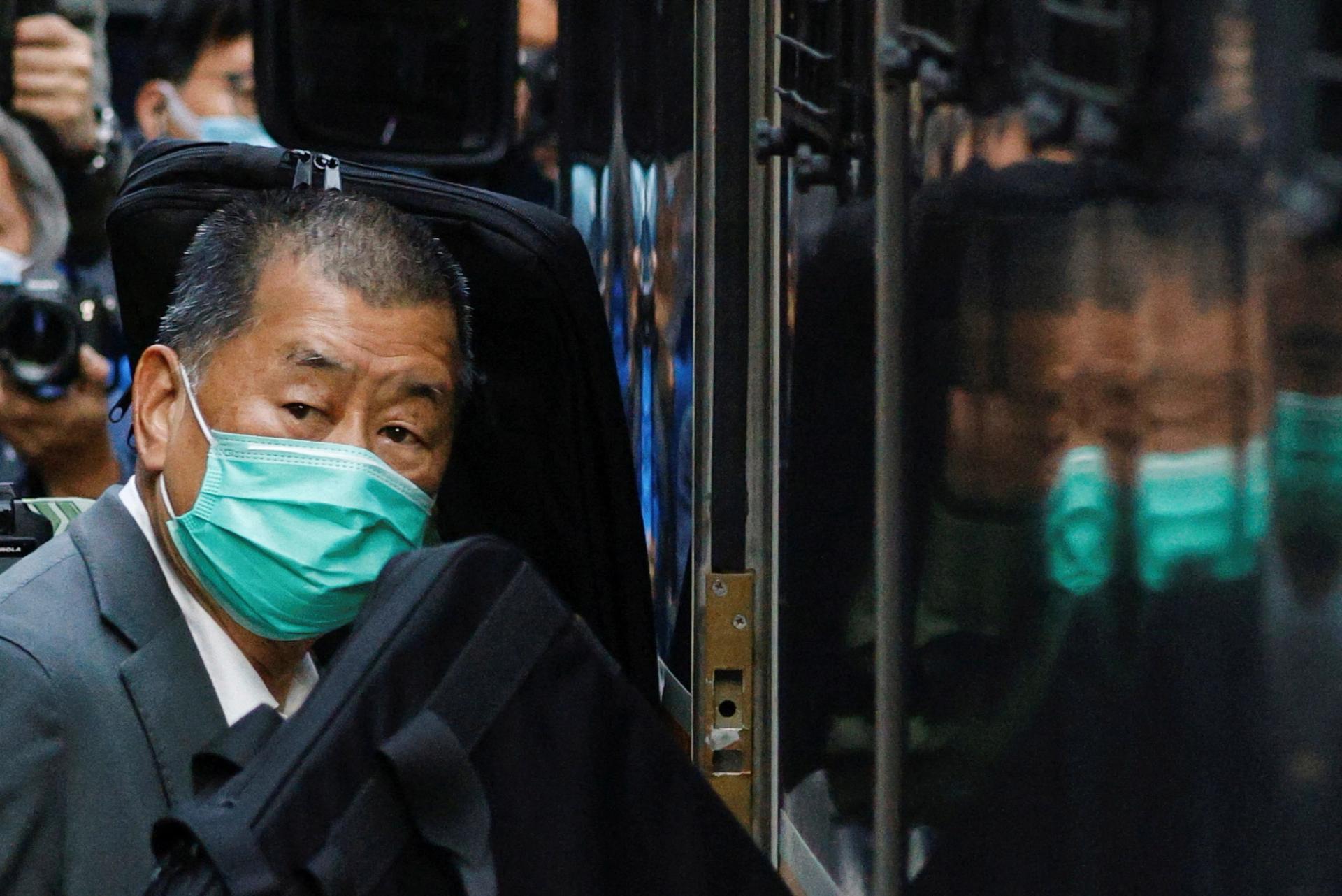The News
The most high-profile case involving Hong Kong’s sweeping national security law began Monday, as media mogul Jimmy Lai went on trial on charges that he published “seditious” material during the 2019 pro-democracy protests in Hong Kong.
Lai, an outspoken critic of the Chinese government who ran the now-defunct pro-democracy newspaper Apple Daily, is also accused of colluding with foreign governments to push for sanctions against Beijing over the protests. He denies all charges.
Already held in solitary confinement for three years, Lai, now 76, faces life in prison if convicted.
SIGNALS
National security law in the spotlight
The case is seen as a test of Hong Kong’s judicial independence, after Beijing imposed the national security law in 2020, saying it was necessary to quell instability. The stringent law has since been used to silence dissent and curb the protests once common in the semi-autonomous Chinese territory. Dozens of activists have been charged, and like Lai, many have been denied bail. “It gives the prosecution a wonderful way of doing away with people they don’t like,” a law professor told The Wall Street Journal last year. Lai also faces a colonial-era sedition charge, which prosecutors have increasingly used under the new law.
Case is closely watched around the world
The landmark trial has sparked an international outcry. Representatives from at least 10 consulates were present in court on the first day of the trial, as well as observers from Reporters Without Borders, a global press freedom organization, the South China Morning Post reported. Several foreign governments put out statements Monday condemning the prosecution and saying they were closely monitoring the case. That prompted a rebuke from Beijing, which accused the U.S. and U.K. of “gossiping” and “politically manipulating” the trial.
US-China relations could sour depending on verdict
In November, a bipartisan group of U.S. lawmakers introduced a bill to sanction 49 Hong Kong officials, judges and prosecutors and hold them “accountable for human rights violations” for their role in the political persecution of pro-democracy activists. Such calls could gain momentum if Lai is convicted and jailed for life, Reuters’ Hong Kong correspondent said, but such a move is certain to anger Beijing. Lai’s family and supporters are already preparing for the worst; Hong Kong’s security minister has boasted that the national security cases have a 100% conviction rate. “The result is already predetermined,” Lai’s son said.

